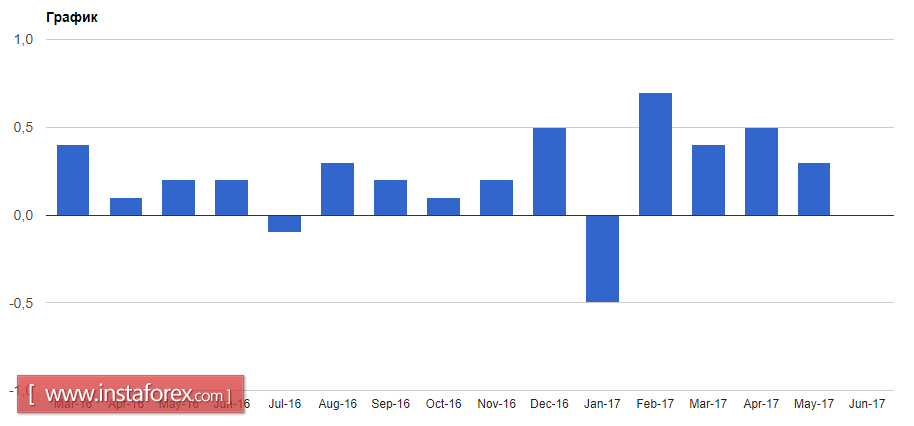The euro's increase at the start of the European session was restrained by weak data on economic sentiment in Germany and the eurozone, however, by the beginning of the American session, the EUR / USD managed to raise the monthly highs, maintaining an upward bullish momentum .
According the ZEW study, the German economic sentiment deteriorated slightly in July, but the real prospects for the German economy remain positive.
Thus, the ZEW index of economic expectations fell to 17.5 points against 18.6 points in June.
A similar index for the euro area as a whole also fell.
Although these indicators are not important, preliminary data suggest that the positive momentum is gradually slowing down, while Germany continues to be the main flagship of the European economy, whose indicators have a direct impact on the final figures for the eurozone as a whole.
Today, the results of a poll conducted by the European Central Bank were published.
Demand for loans companies and medium-sized businesses will continue to grow, indicating the positive trend in this direction.
As for the technical picture of the EURUSD pair, the upward trends is maintained, and the breakthrough of the current resistance level of 1.1560 will lead to the renewal of the new high at 1.1600, where there will be a bigger profit taking on long positions.
The British pound fell against the US dollar after the release of the weak data indicating a low rate of inflation in the UK.
According to a report by the National Bureau of Statistics, the UK consumer price index rose 2.6% in June compared to the same period last year, which was lower than forecast of economists, who expected an increase of 2.9%.

Compared to May of this year, inflation was unchanged and did not show any growth.
As noted in the report, the slowdown in the level of inflation was affected by the lower prices of gasoline and diesel. The sharp increase in the pound that has been observed recently can also affect the growth in prices, which will slow down significantly, which in turn will create more problems for the Bank of England, depending on a shift in the course of monetary policy towards its tightening.





















